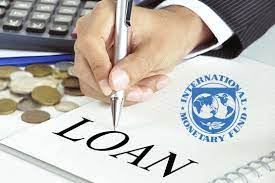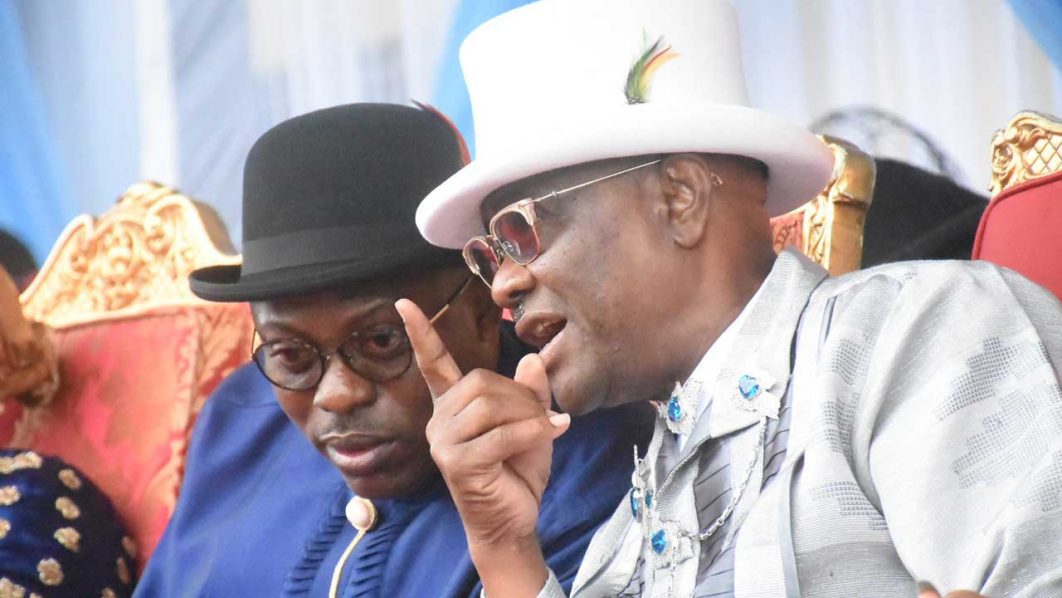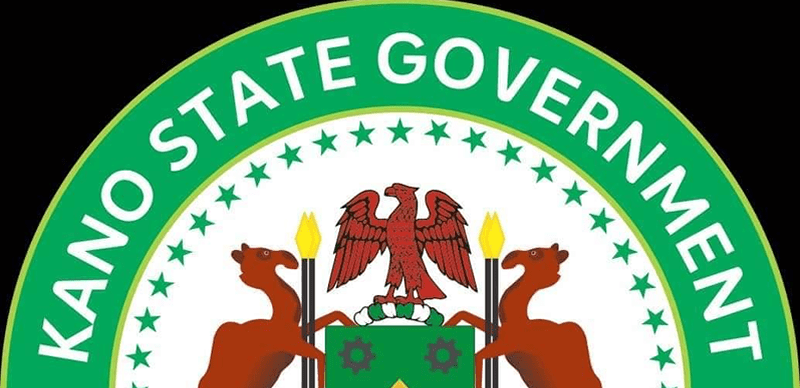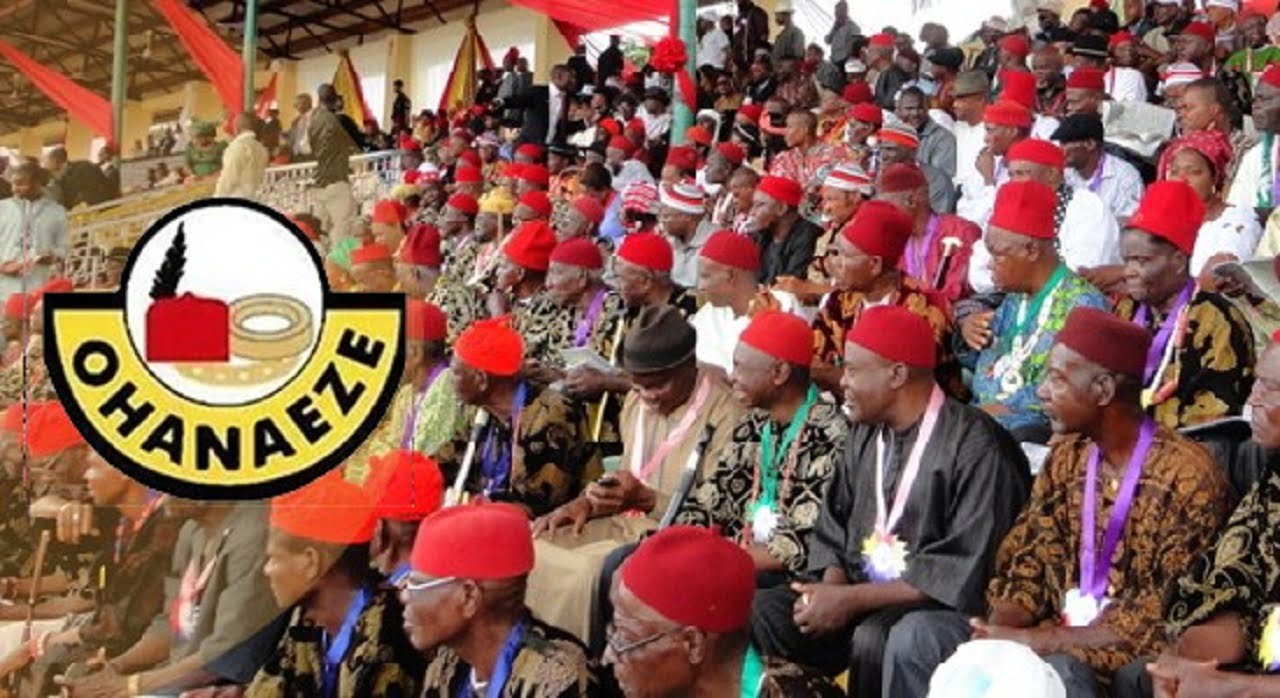The International Monetary Fund (IMF) has stated that the Nigerian naira is currently facing significant pressure, and Nigeria has the option to seek a loan from the IMF to stabilize the currency if it deems it necessary. This announcement came during the World Bank Group/IMF Meeting held in Marrakech, Morocco.
The IMF acknowledged that recent exchange rate reforms and other measures taken by Nigerian authorities have been appropriate. It also expressed support for the recent decision made by the Central Bank of Nigeria (CBN) under the leadership of Olayemi Cardoso to lift the eight-year foreign exchange ban on items such as cement, rice, poultry products, and 40 other goods. This ban had been imposed by the previous CBN administration in 2015.
Despite these measures, the IMF pointed out that inflation in Nigeria remained high, reaching 26 percent in August, while the naira continued to experience pressure. The local currency had previously depreciated from approximately 450 naira per dollar to an average of 760 naira per dollar following exchange rate reforms initiated by President Bola Tinubu. The naira’s value further declined to 1045 naira per dollar in recent trading.
The IMF recommended that tightening monetary policy by raising the Monetary Policy Rate and reducing excess naira liquidity is necessary to address the economic challenges. It also stressed the importance of providing more transparency regarding the Central Bank of Nigeria’s dollar obligations to boost confidence in the foreign exchange market.
Regarding the possibility of Nigeria seeking a currency support loan from the IMF, the Fund clarified that Nigeria, as a member country, has the option to approach the IMF for financing if it believes that such support would help address external imbalances. However, as of now, Nigerian authorities have not made a request for IMF financing.
The IMF expressed confidence in the new leadership of the CBN, with Cardoso as the governor, and Wale Edun as the Minister of Finance and Coordinating Minister of the Economy. Edun outlined fiscal initiatives aimed at increasing tax revenue and reducing waivers to promote economic growth, while Cardoso emphasized plans to stabilize the market and address current economic challenges.
Cardoso’s plans include reviewing foreign exchange market policies, central bank corporate governance practices, and monetary policies to align the CBN with its core mandates. The new leadership team is conducting a comprehensive assessment of the challenges facing the central bank, with the aim of introducing reforms to stimulate economic growth and development.
Cardoso also emphasized the need to find creative financing options to clear the backlog of foreign exchange demand, limit the CBN’s fiscal side interventions, and address inflation and price stability issues. The new CBN governor highlighted the importance of reviewing current mechanisms and introducing new tools to support economic growth.
Overall, the IMF’s statement highlights the economic challenges facing Nigeria, the measures taken by the authorities, and the potential for seeking IMF financing to stabilize the naira and address external imbalances. The IMF also expresses confidence in the new leadership’s ability to make the right decisions to improve the country’s economic outlook.





